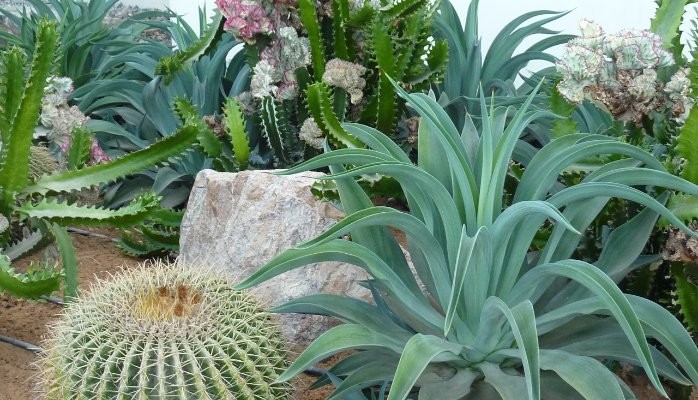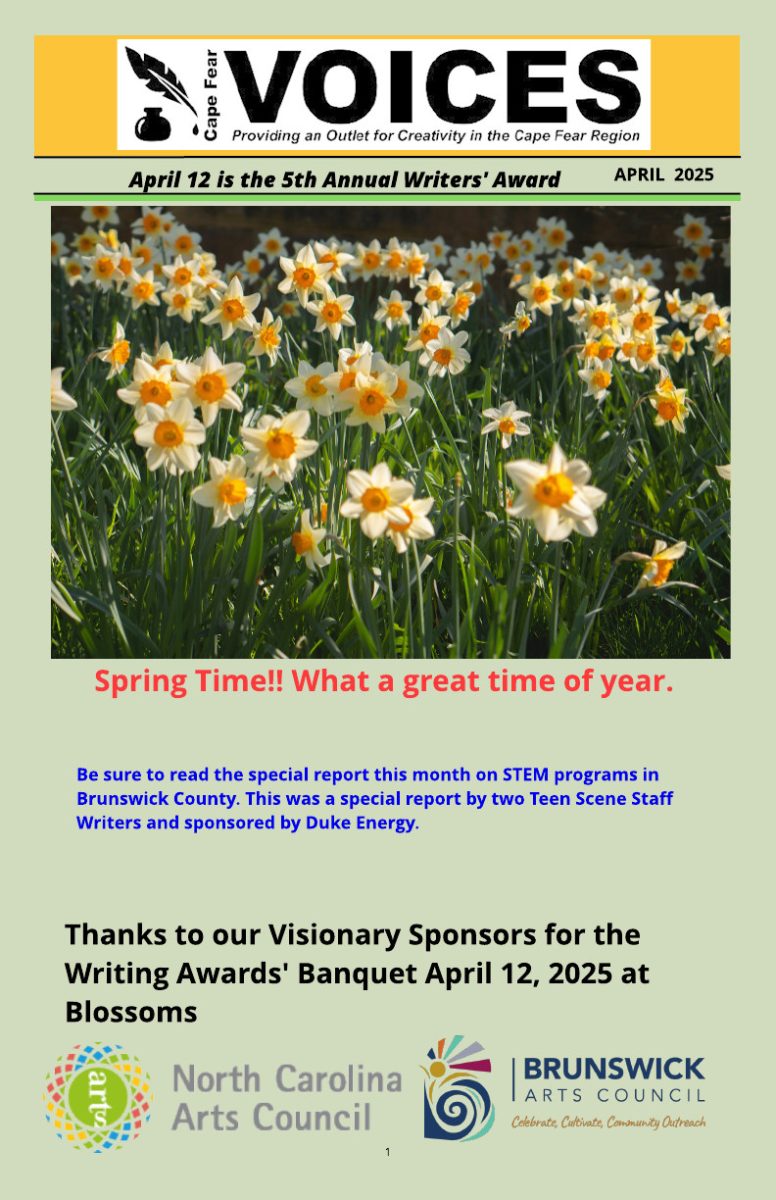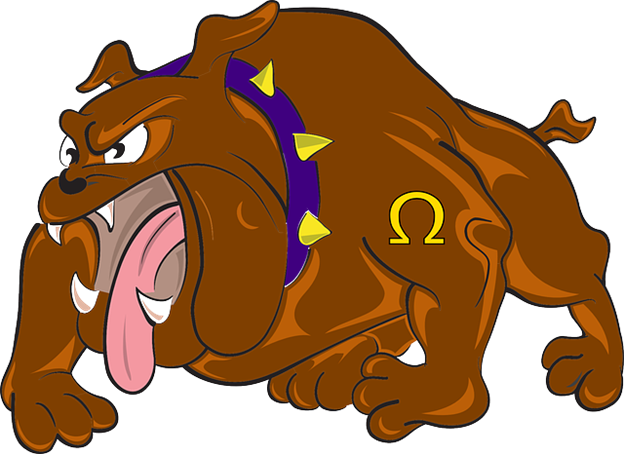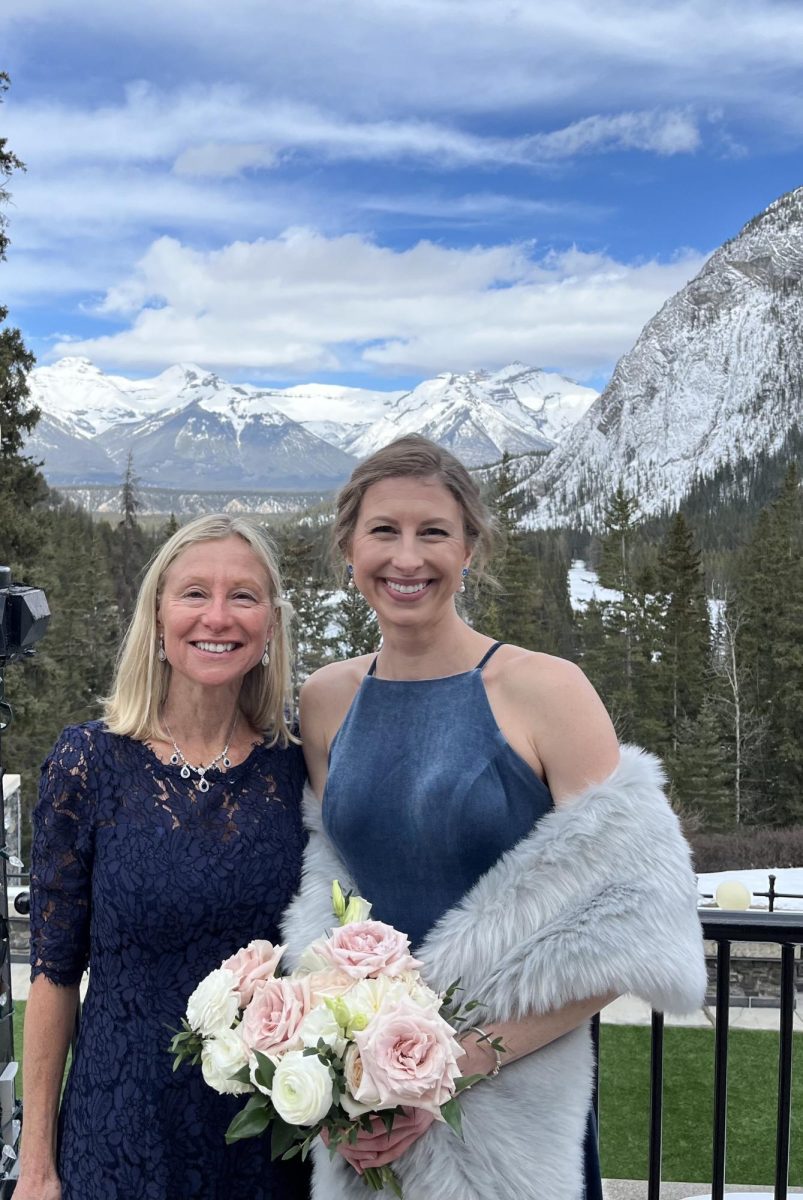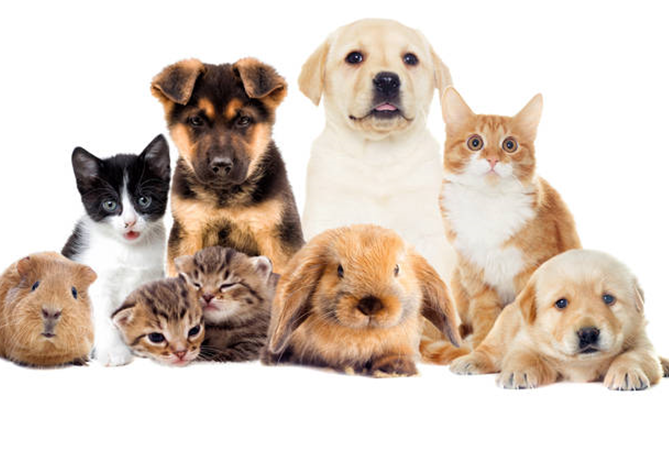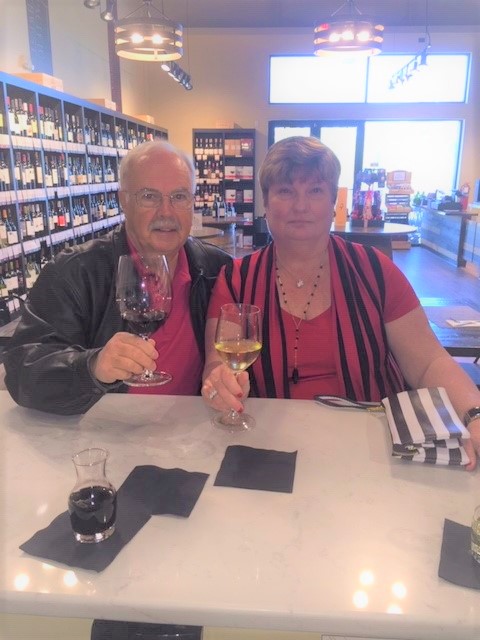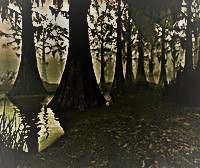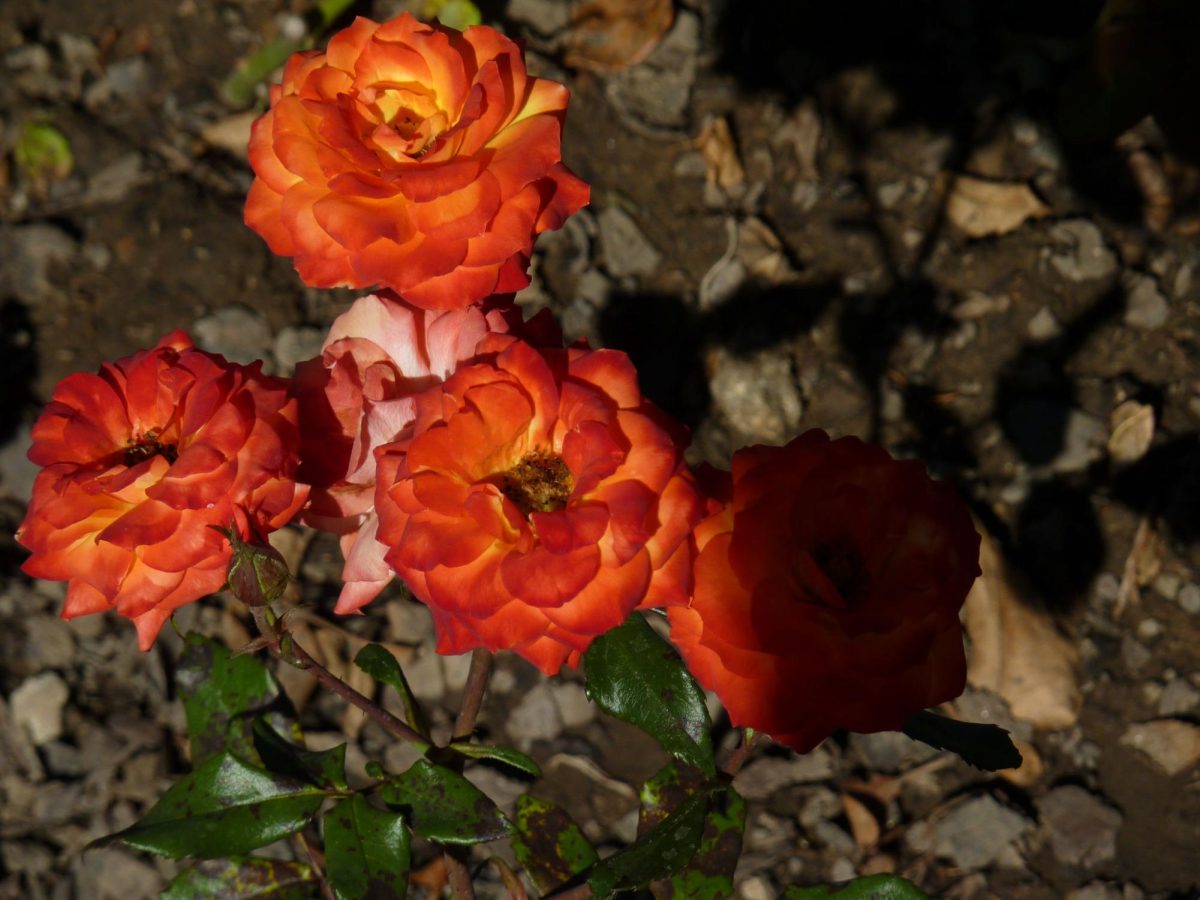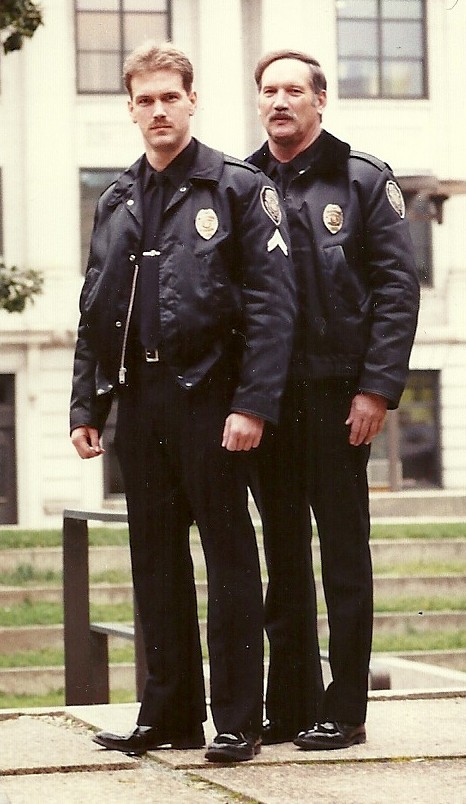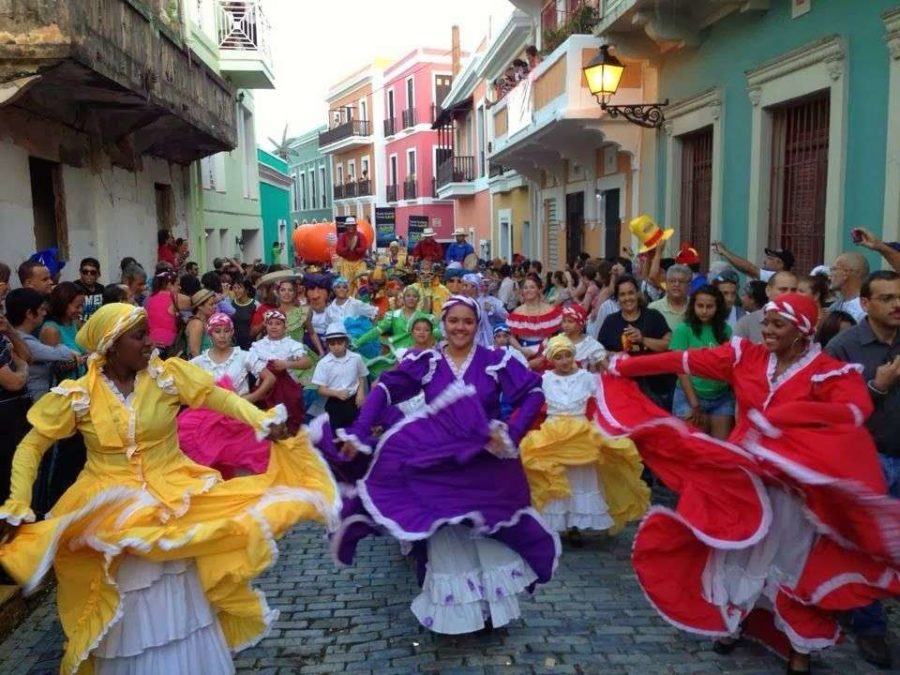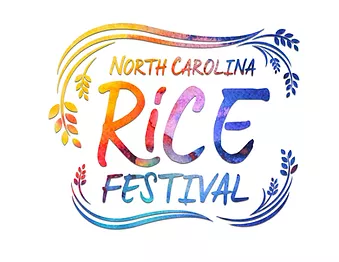“Today you can murder land for private profit. You can leave the corpse for all to see and no one calls the cops.” Paul Brooks (1909–1998) was a nature writer, book editor, and environmentalist.
Will we continue to be spectators in the colosseum, feasting on honey-dipped hummingbird tongues, while watching the purple smoke-belching, blade-slinging machines taking out four old oak trees with one whack? Is this sideshow of stripping the landscape of its natural beauty, supplanting those bothersome woodlands with tract homes, a sufficient offering to the gods of real estate development? Will the zoos and botanical gardens become the only arenas where “wildlife” can be observed in the future? Will the health of the Cape Fear River and its fisheries ever recover from the toxic PFAS (polyfluoroalkyl substances) industrial pollution?
This is a cautionary tale about the dangers of greed and the importance of preserving the natural world. Maybe Dr. Seuss’ Lorax had it right all along. “Unless someone like you cares a whole awful lot, nothing is going to get better. It’s not…” Or to put Dr. Seuss’ statement another way: “The greatest threat to our planet is the belief that someone else will save it.” The Once-ler’s counter argument contains a familiar refrain, “Business is business and business must grow.”
Is there room for the competing interests of economic progress and ecological conservation in the future? Is it possible to save endangered wildlife (undomesticated flora and fauna growing in their natural state) from extinction without destroying a nation’s financial rating? Where is the moral high ground? Consider the plea for environmental stewardship made by the Nuxalk Nation’s philosopher, Chief Qwatsinas:
“We must protect the forests for our children, grandchildren and children yet to be born. We must protect the forests for those who can’t speak for themselves such as the birds, animals, fish and trees.” Plant poaching involves the illegal removal of rare and endangered plants from their natural habitats. Unlawful plant poaching can occur on government land or on private property when plants are taken without regard to laws and regulations created for the plants’ protection.
Gone are the days of operating on the “dark web” that proved to be too expensive and troublesome. Now, the eco-criminals can operate in plain sight. Although many social media platforms banned the sale of wildlife specimens protected by the Convention on International Trade in Endangered Species (CITES), it is still easy to find endangered species. Unethical purchasers can easily locate ball pythons, Hermann’s tortoises and boa constrictors—all listed in CITES Appendix I and II—on closed Facebook groups, with names like “Reptiles for sale in Europe.”
Finding live animals and endangered plants online remains easy, and at the Terraristika Reptile Fair held in Hamm, Germany, wildlife poachers meet to sell and buy endangered species like tortoises, turtles, rare cacti and snakes.
Following the money is one way of attempting to disrupt digitally enabled wildlife trafficking, but this can be difficult due to a wide variety of payment systems and varying levels of regulation around the world. Although many traders prefer to operate in cash, systems like Bitcoin, PayPal and Venmo are not easily traceable and some are integrated into social media channels, make tracking criminals more complicated.
One fact is clear. The online illegal wildlife trade facilitates illicit revenue flow. The illegal market is transnational and links Africa, Europe, North and South America and Asia. To combat this new Internet scourge, the Coalition to End Wildlife Trafficking Online, a partnership between Internet companies and conservation groups, was formed to include tech giants, such as eBay, Baidu, Facebook, Instagram and Google.
Ebay uses algorithms to search for suspicious keywords and alerts human enforcers who could remove them. Some terms such as ivory are automatically banned by block filters, so sellers receive a warning message as soon as they try to post an advertisement with a banned word.
Although Facebook made a PR splash when its CEO Zuckerberg held court in front of the cameras at its 430,000 square foot headquarters in Menlo Park, California, it was all a sham. They never instituted any detection or prevention controls. Facebook claimed to have deleted 136 groups selling endangered wildlife. The same groups were back in a week using different names. A month later, a group of independent security auditors reviewed the Facebook advertisements and found 560 advertisers selling 1,189 endangered species of plants and animals. Two months later, the independent auditors found 9,482 advertisers online, with an estimated monthly revenue for Facebook of $10,708,137. Another of Zuckerberg’s deceptions had been uncovered, but this did not stop Facebook’s toleration of illegal activities on its platform. Zuckerberg and his minions continued with their quest and it wasn’t “sharing more information and different kinds… more openly and with more people.” It was making money without any regulatory barriers.
As one of Zuckerberg’s former employees said, “This is not about Russian ads. This is a global problem of wildlife trafficking that Zuckerberg will never understand because to take action against the traffickers would reduce Facebook’s revenue stream. We knew that the United States was responsible for 70% of media platforms’ illegal wildlife sales trade, while the countries with the next highest volume, China and the United Kingdom, accounted for nearly 8% each.”
It is easier to find potential buyers for trafficked animals, plants, or products online than in the physical world. Buyers and sellers use a variety of methods to keep their market hidden, such as using sites that cannot be found through search engines, closed social media groups, direct messaging apps and code words for endangered wildlife. In some cases, the sellers use phrases that might be slightly misleading, or partially true: for example, an ivory ornament without the proper permit might be referred to as a “rare trinket, made of animal substance,” the term “ox-bone” has been a popular name for ivory products in the past, with sellers simply avoiding using the word “ivory.” Pangolin scales might be called an “animal-based medicinal treatment.” The term “gourmet dining” was used to sell shark fin, and sungazer lizards, highly prized in the Middle East, were simply referred to as geckos. All items are currently protected under Appendix II of CITES.
Facebook follows the traditional model of “What’s in it for me?” How dare some “tree hugger” stand in the way of “the Zuck’s” financial rewards! As the famous author and essayist Edward Abbey said: “I thought of the wilderness we had left behind us, open to sea and sky, joyous in its plenitude and simplicity, perfect yet vulnerable, unaware of what is coming, defended by nothing, guarded by no one.”
The Lorax summarized the environmental challenge for those of us residing in the Cape Fear area with his usual precision: “I am the Lorax who speaks for the trees, which you seem to be chopping as fast as you please!”

